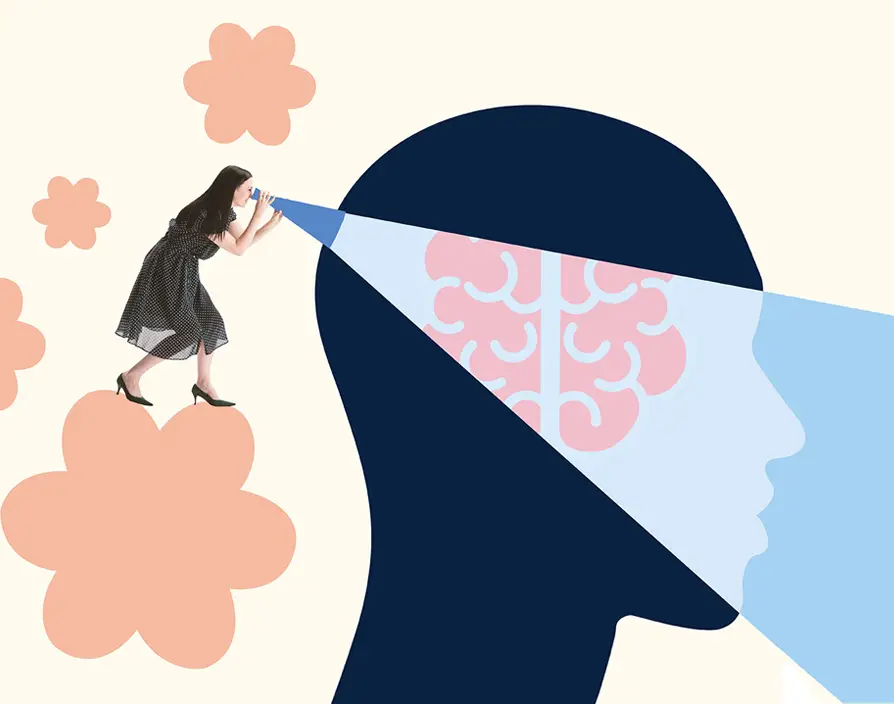Nibbling my cheese and ham sandwich, I flicked through my notes. “Are you nervous?” said my friend and colleague Hayley. “Yeah, a bit,” I replied. “But I’m also excited.”
I was about to go onstage at Elite Business Live, appearing on a panel with other DEI professionals in front of an in-person audience and livestream. Some people say they could never do something like that in a million years, but for me, despite the nerves, it’s fun!
I’m autistic and have ADHD. Sharing my experience, advocating for neurodivergents like me, and having fun while doing it, is what gives me purpose. It’s regulating. And empowering.
Going beyond the obvious
When we think about supporting a neurodivergent workforce, we often focus on minimising their challenges, helping with their struggles and generally calming everything down. But true support also means empowering individuals to thrive – giving them the opportunity to go above and beyond, to produce amazing work and to fall into bed at night knowing that they’ve made a difference. Mental wellbeing is about finding our purpose and being able to fulfil it.
I said I find my work “regulating” and often, people picture emotional regulation as being in a state of calm. But that’s not what it means. It means that our emotions match the environment. If we’re yelling and jumping up and down in the office, that would be a sign that something isn’t right. But at a football game? The opposite is true. Imagine sitting still and being quite when your team scores a late equaliser?! Like anyone else, neurodivergent people need the highs and the lows, the calm and the storm, and to be able to feel and express their emotions in a way that is fulfilling.
What kind of support benefits neurodivergent people?
Supporting neurodivergent people at work means enabling us to work at our best, whatever that looks like. And what it looks like is often unusual. We talk about “special needs” or “additional needs” but often they’re not special or extra, just different.
So for example, while a neurotypical person might be happy on an even keel, working at the same pace all the time, someone with ADHD or who is autistic might prefer to be hothoused and work on project sprints, often quite intensely. And once that is over, they need to be encouraged to rest. For while we are so often ambitious and driven and productive, we are also human! And need rest and relaxation – although again, what that looks like often differs from what many people would consider relaxing!
The importance of self care
One area where you can really support neurodivergent staff is by encouraging us to look after ourselves. We are not always very good at this which is why autistic burnout is such a common phenomenon.
Many neurodivergents don’t notice when they are approaching burnout or if their mental health is worsening, until it gets to crisis point. A simple check-in can help here. “I’ve noticed you don’t seem quite yourself lately,” or “You’ve mentioned you’ve been getting a lot of headaches – have you seen a doctor about those?” Good managers, particularly neurotypicals in my experience, tend to be good at noticing when someone is “off”, even when they can’t quite put their finger on what is wrong. And having the courage to address it can be incredibly valuable.
Ultimately, good mental wellbeing at work can happen when managers and staff are supportive and understanding of each other. When people feel safe and supported coming to work. When they feel they are valued and their work is valuable. We can have all the training and policies and processes that we want but ultimately what people need is to know that someone cares about them.

